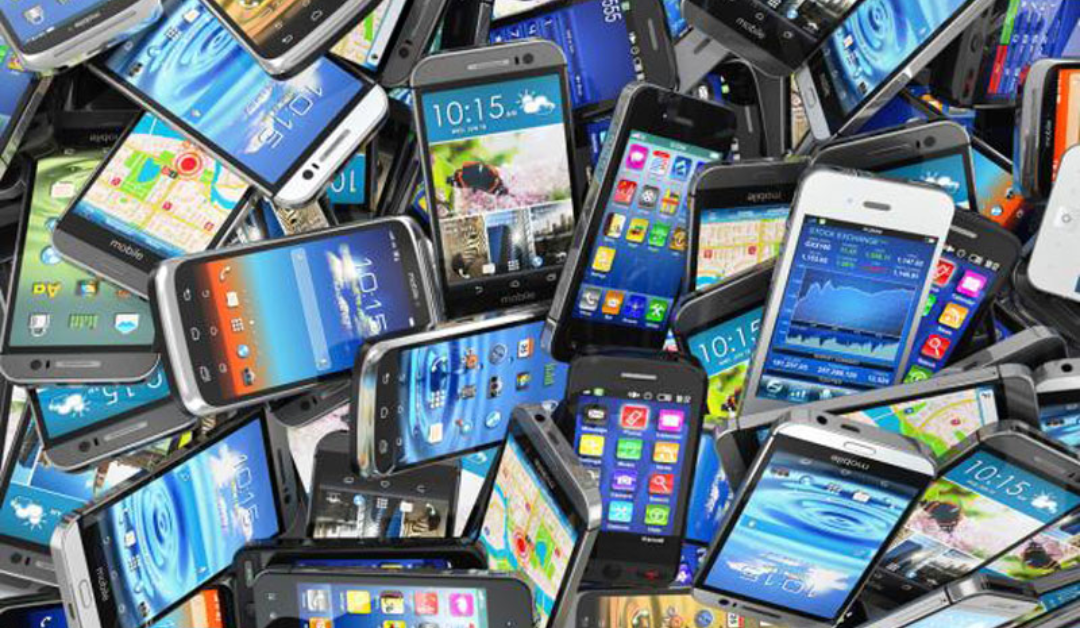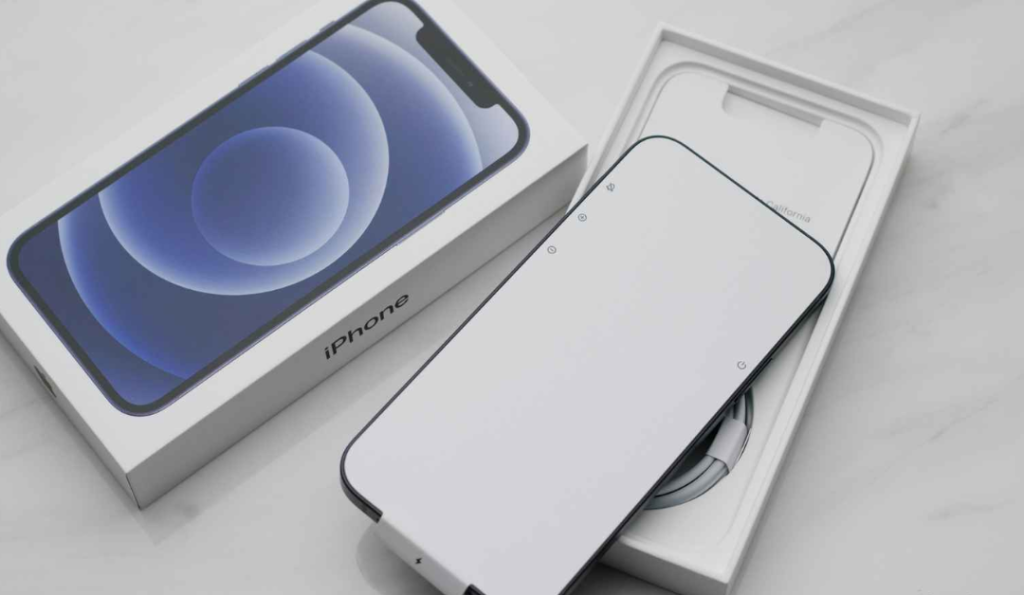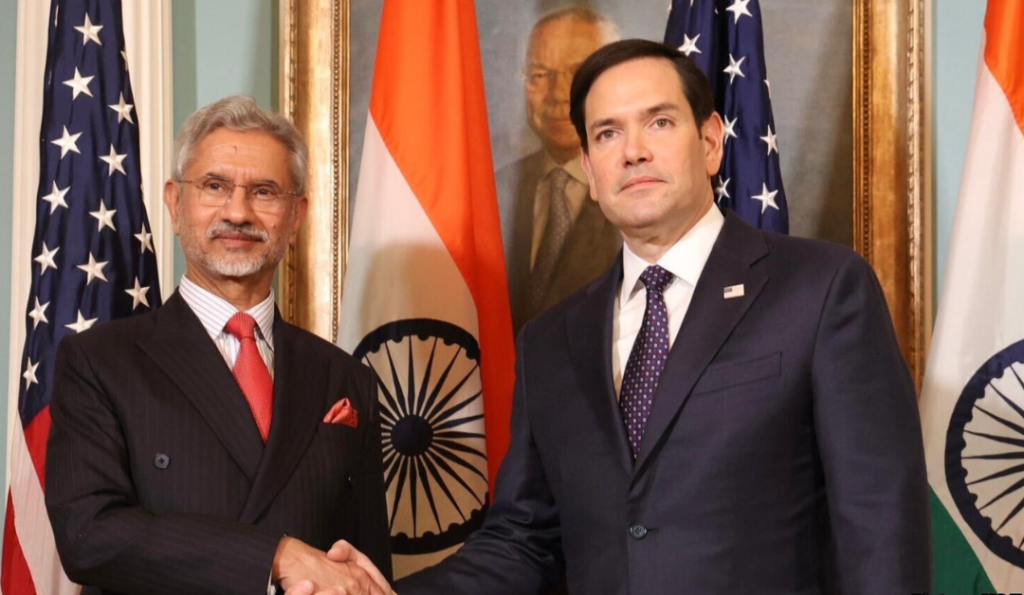Apple Airlifts 1.5 Million iPhones from India to Dodge Trump’s Tariff Surge

In a dramatic and logistically complex maneuver, Apple has airlifted over 600 tons of iPhones—roughly 1.5 million units—from its manufacturing facility in India directly to the United States. This emergency operation was executed in direct response to the recent implementation of a sweeping 125% tariff on Chinese imports by former President Donald Trump, who is currently seeking re-election.
With the iPhone 16 Pro Max scheduled to hit shelves soon, Apple had little choice but to pivot its supply strategy—fast.
Why Apple’s Airlift Was Urgent
If Apple hadn’t acted swiftly, the iPhone 16 Pro Max—currently priced at $1,599—could have seen its price skyrocket to an eye-watering $2,300 due to the new tariffs. That kind of hike could have rattled even the most die-hard iPhone fans, potentially derailing sales of one of Apple’s flagship devices during a critical product cycle.
By shifting inventory from its Indian production base—primarily Foxconn’s mega-facility in Tamil Nadu—Apple not only circumvented the new China tariffs but also signaled its increasing reliance on India as a key hub in its global supply chain.
India’s Growing Role in Apple’s Global Strategy
This unprecedented airlift underscores a larger trend: Apple’s accelerating shift away from China as its manufacturing stronghold. Over the past few years, Apple has been strategically diversifying its production landscape to reduce geopolitical risks and tariff exposure.
India has emerged as a vital player in this transition. The government’s Production Linked Incentive (PLI) scheme and pro-manufacturing reforms have turned the country into a promising base for high-end electronics manufacturing. With Foxconn, Pegatron, and Wistron all ramping up operations in India, Apple is expected to manufacture up to 25% of its global iPhone output from the subcontinent by 2026.
Flying Phones: A Logistical Feat
Flying iPhones—typically shipped by sea—represents a major cost and logistical shift. Air freight is expensive and not Apple’s go-to method for bulk shipments. However, with billions at stake and tight deadlines, the company chartered multiple cargo flights to ensure that U.S. shelves are stocked with tariff-free devices ahead of the impending retail wave.
This is not just a story of trade and tariffs—it’s a signal of how companies are rewriting the playbook in an increasingly unpredictable global economy.
What This Means for U.S. Consumers
For American consumers, this means the iPhone 16 Pro Max will still launch at its expected price, avoiding the shock of a $700 increase. Apple’s swift action not only saves face but protects its loyal customer base from the fallout of global trade conflicts.
Yet the bigger takeaway is this: in today’s world of high-stakes geopolitics, even your next smartphone might have a more dramatic journey than you do.






No Responses